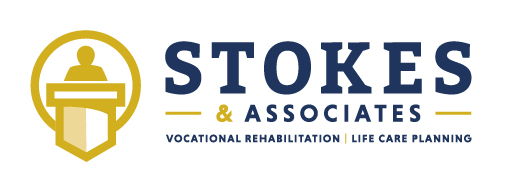What Makes an Expert Witness on the Stand?
There are many factors that can affect the outcome of a personal injury case including the venue of the trial, likeability of the attorneys, the persuasiveness of arguments, makeup of the jury, as well as countless others. An expert witness’ performance on the stand can also be a powerful part of proving a case, yet can be a grave liability as well.
Extensive research has been done by polling juries following verdicts to determine the key issues that impact the way an expert witness is perceived. Tone and cadence of speech (medium volume, good articulation) the color of the expert’s suit (blue is better than brown), and body language (open posture, good eye contact) have all been shown to impact an expert’s effectiveness.
There are three major components to providing exceptional expert testimony that should guide your assessment of a testifying expert’s performance:
Credibility: Does the expert seem like someone who should be believed? Do they have the requisite training, education, and experience to warrant a juror’s attention? A thorough vetting of your expert’s credentials before tendering them can be an effective way to prime the jury that your expert is indeed an expert. Special attention to academic achievements, scholarly publications, and a detailed description of their professional experience is recommended.
Preparedness: Having great educational credentials and loads of experience will not help the expert who is not well prepared. An expert must know the various details of the case, and be able to communicate their method clearly and concisely. Sure the expert can refer to his or her file during direct or cross examination, but the expert who knows the file intimately will present as prepared and serious. Similarly, being prepared will prevent experts from becoming visibly stumped or derailed during challenging cross.
Communication: Our primary role on the stand is to educate the jury, presenting complex information in a clear and simple fashion. Experts who avoid jargon, use real world relatable examples, and steer clear of unnecessary pontification stand a better chance of engaging the jury and holding their attention. For example, turning and facing the jury while responding to a question by an attorney can keep jurors engaged and allow the expert to assess non-verbal cues to determine their effectiveness. This allows for immediate alterations in presentation to ensure quality testimony.
We offer complimentary consultations concerning "hypothetical matters". To strategize with one of our experts at Stokes & Associates, please call David Barrett at 504-454-5009 or email dbarrett@stokes-associates.com.
Larry S. Stokes, Ph.D.
Aaron Wolfson, Ph.D.
Todd Capielano, M.Ed., LRC, CRC, LPC, CLCP
Lacy Sapp, MHS, CRC, LPC, LRC, CLCP
